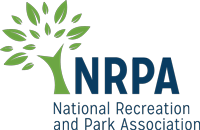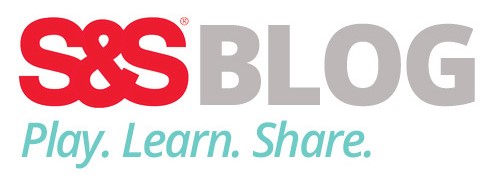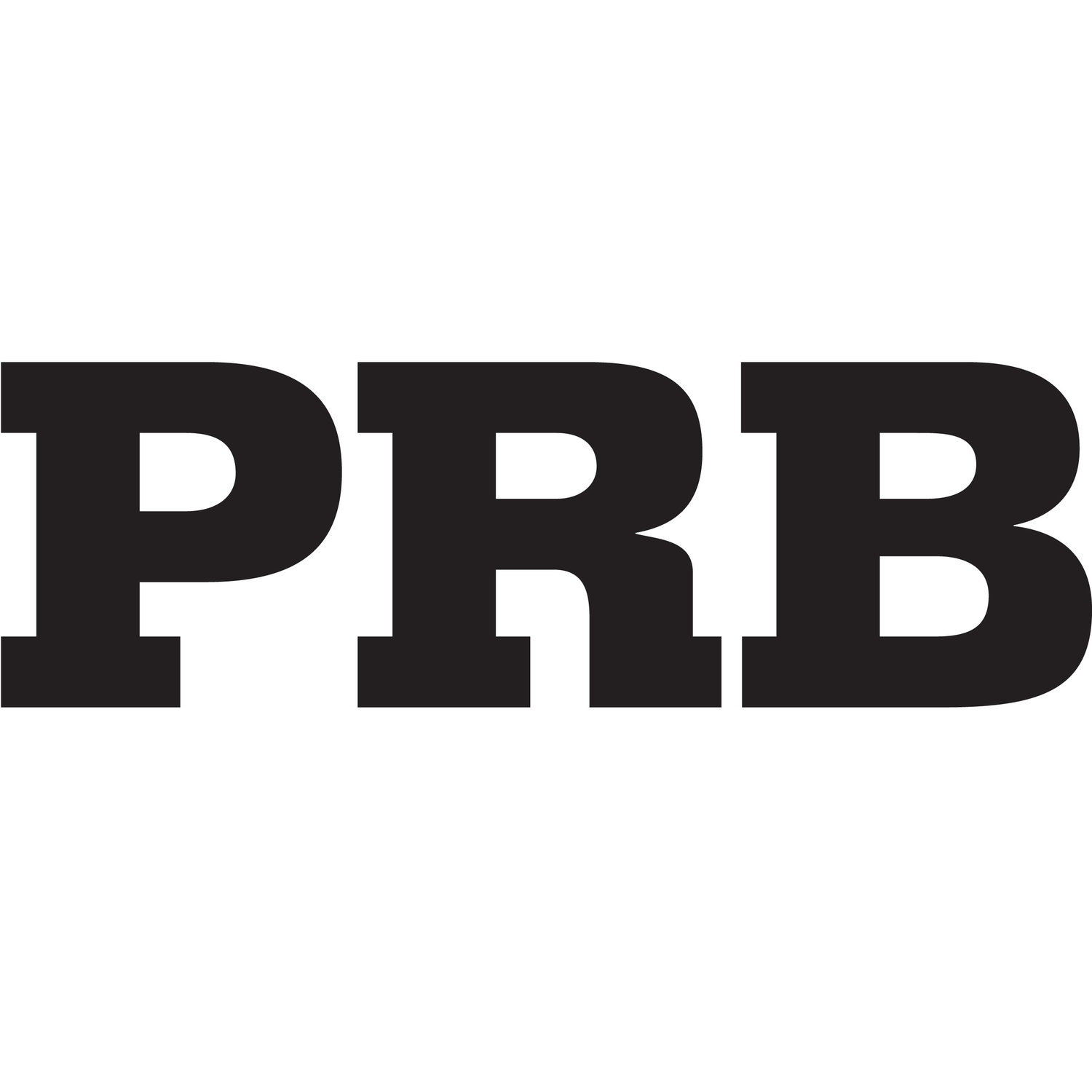Staff are your most valuable asset and we should invest in our staff by providing training, education, teambuilding and networking opportunities while empowering them to do great things at camp! Here are some guidelines to make your staff the best they can be:
Have an orientation and training program to set expectations and review policies. Setting the tone for your staff early is important to get everyone on the same page and acclimated to how you operate camp and what you expect from them. Some of the things you have to review prior to camp are not always the most exciting so add things to spice it up to engage your staff during orientations and meetings. Here are some things you can do to engage with your staff at meetings:
- Give small prizes for answering questions or making a great comment
- Role play different camp scenarios that are sure to come up
- Do group activities
- Add in videos and educational content
- Move around to different areas of your facility
- Encourage staff participation and Q&A
Take advantage of outside resources for new ideas. There are several great resources online that can provide you tools and education to improve your camp. Continually search and seek out new ideas that may benefit your camp to keep things fresh for your staff and participants.
Incorporate icebreakers and teambuilding to make your group more cohesive. This is important for your staff development, but often overlooked. You have a group of individuals that may not know each other or ever worked together and within a few weeks of hire they are thrown into the fire of the camp environment. Not only are they expected to work together but also make your camp a success.
Sometimes this is easier said than done and you run into situations of staff drama, arguing, individualism, or not getting along that may result in disaster for your operation. Building a cohesive team takes time and effort and if you put in the work pre-camp, it will pay off. You can continue smaller teambuilding exercises, which may also include reward and recognition programs, throughout camp as well to keep your staff motivated and working well together. Here are some things you can do for teambuilding:
- Do internal teambuilding activities, similar to what you would do with your campers
- Take an afternoon or evening to use your camp facility with just staff
- Go on an outing like bowling, sports game, escape room, arcade, trampoline park, etc.
- Take the group out to lunch or dinner
- Bring in an outside group that specializes in teambuilding or go to a retreat center
Stay on top of industry standards and best practices. Similar to researching new ideas for camp, you also want to stay on top of the current trends, technology, and industry standards. Not just from an operational standpoint, but new legislations that may bring legal aspects of how you have to operate. Stay in touch with some of the national camp organizations that provide these resources, visit camp conferences and expos, and do your own research to stay up to date on the latest trends. Things are always changing and evolving so make sure your camp doesn’t fall behind to the old way of doing things.
Provide networking opportunities to collaborate with other camp professionals to connect and share ideas. Networking is important and another way to stay on top of all the things we have talked about above. Seeing and hearing how others are operating is great way to see how you can compare and potentially improve your camp. Ask questions, share ideas, and tell stories to connect with others in the field. Networking is not only for Camp Directors, bring your staff into the mix too! Here are a few ways you can connect with others in the field:
- Join an professional association in the industry
- Attend a conference or regional training
- Connect online
- Team up with others in your area for joint activities or regular networking meetings.
Include your staff in the camp planning process and empower them to take some responsibilities on their own. To really get staff engaged include them in as much as possible. Constantly just directing, giving orders, or just going through the motions with staff will not go too far and will cause your staff to check out sooner than later. Most will learn more by doing so involving them in your processes and giving them their own responsibilities will develop them more and keep them motivated.
Get Feedback. Talk to your staff individually and as a group to get feedback on things like their goals, what motivates them, their thoughts on how camp is running, ideas on how to improve camp, etc. Your staff are on the front lines of camp every day. Talk to them regularly and anything you can get feedback on can only help everyone involved. It will also make your staff feel like they are being heard and have a say in the operation of the camp. This will continue to keep them motivated and you will get more out of your staff just by listening and getting that feedback.
If you put in the time and effort to properly train and educate your staff they will start to develop as a great team. Eventually you will see them taking the initiative to get the job done without having to be told while performing at a high level. The quality of your staff can make or break your camp so make sure to provide them the tools they need to succeed and empower them to do great things at camp.
Favorite







